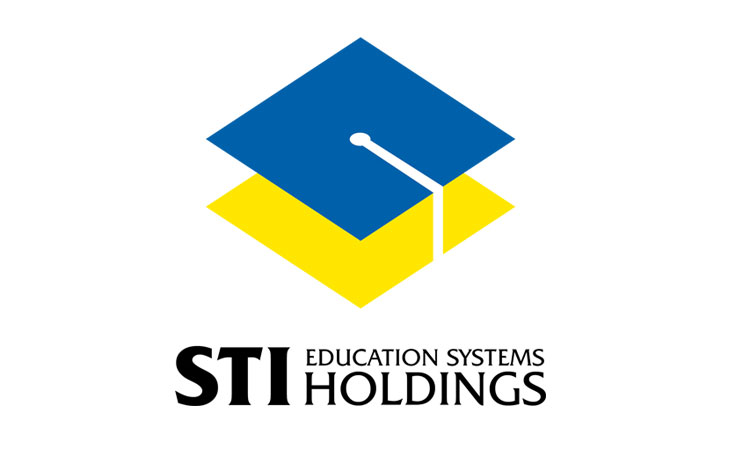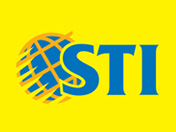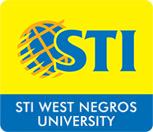2019-11-15
MANILA - STI Holdings, owner of one of the largest networks of private schools in the Philippines, reported a net income of ?157.8 million for the three-month period ending September 30, 2019.
The amount is 20% or ?26 million higher than the ?131.8 million it generated during the same period last year.
Based on its quarterly report submitted to the Philippine Stock Exchange, the company also said gross revenues went up by four percent or ?31.3 million to ?797.4 million from ?766.1 million in the second quarter of last school year.
Gross profit, meanwhile, increased by five percent or ?25.2 million year-on-year.
The increase in the said figures stemmed from the 41% growth in new enrollees under programs regulated by the Commission on Higher Education that the group posted for this school year, resulting in a total of 45,902 tertiary education population. This, in turn, accounts for 55% of the companys 83,967 total student population for the current school year.
In addition, the margin of earnings before interest, taxes, depreciation, and amortization (EBITDA) grew to 49% from 40% in the same period last school year. Operating income likewise went up by 29% to ?203.6 million from ?158 million year-on-year.
As the companys line of business is in education, its fiscal year begins in April and ends in March of the following year, which is aligned with the schools academic calendar.
Aside from opening new campuses in Sta. Mesa, Manila; EDSA, Pasay City; San Jose Del Monte City, Bulacan; and Lipa City, STI Education Services Group (STI ESG), through its wholly-owned subsidiary Naval Architecture and Marine Engineering Institute (STI NAMEI), has partnered with Raft Shore People, Inc. (RAFT), a wholly-owned subsidiary of OSM Maritime Group, a multinational ship management and training company, to ensure that Filipino seafarers continue to be the preferred employees of international shipping companies.
STI ESG, through STI Pasay-EDSA, and RAFT have agreed to establish an advanced Hospitality and Culinary training facility called ARENDAL that offers world class modular technical courses, to prepare students to work in various positions on board international cruise vessels.
The partnership will also jointly oversee the preparation and implementation of the curriculum for courses such as Bachelor of Science in Marine Transportation, Bachelor of Science in Marine Engineering, Senior High School Maritime track, and Maritime Information Technology Programs. Both parties would likewise work towards the enhancement of the curriculum with electives or additional modular courses in keeping with the requirements of the international shipping industry and the International Convention on Standards of Training, Certification, and Watchkeeping for Seafarers.




